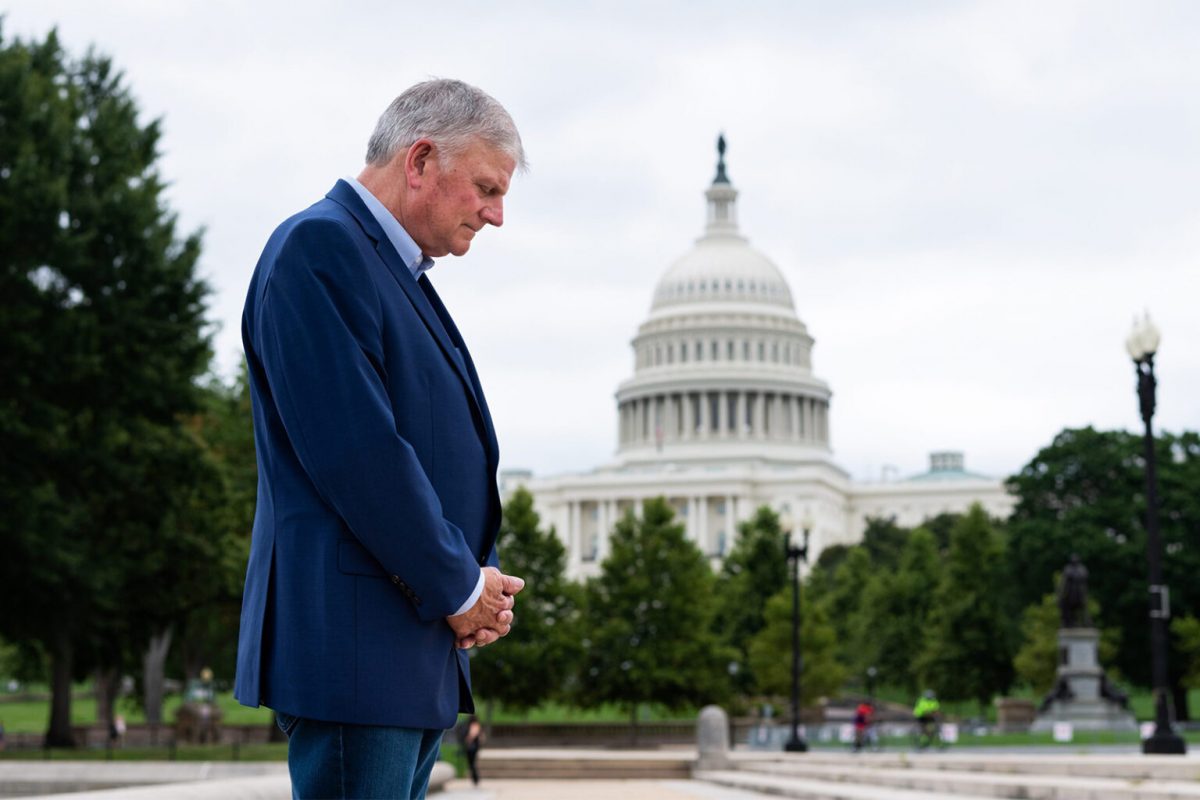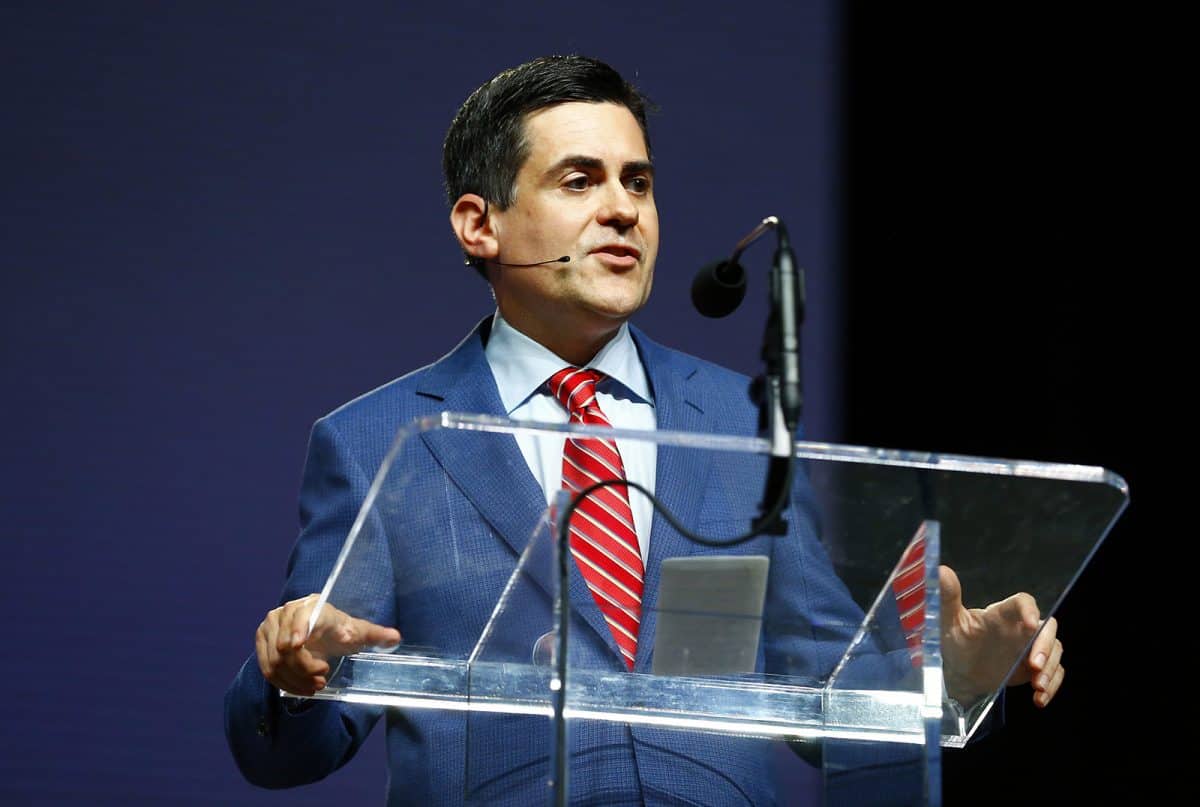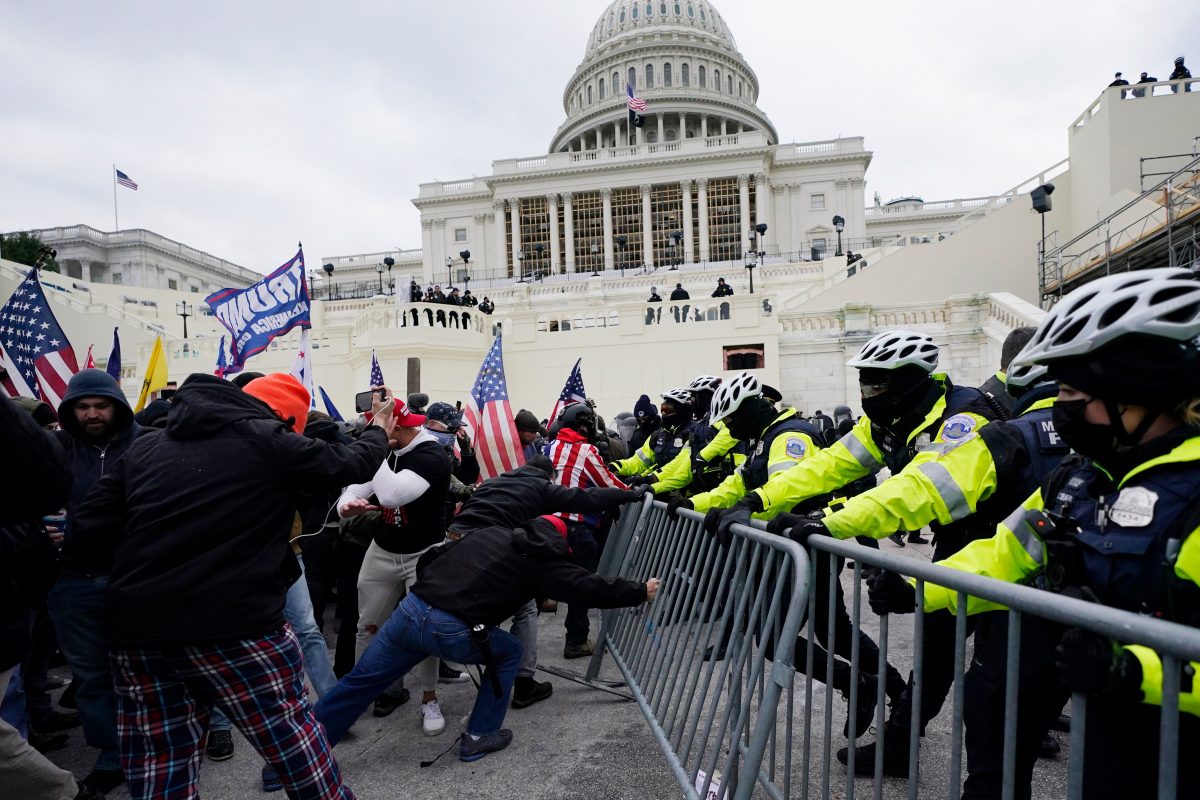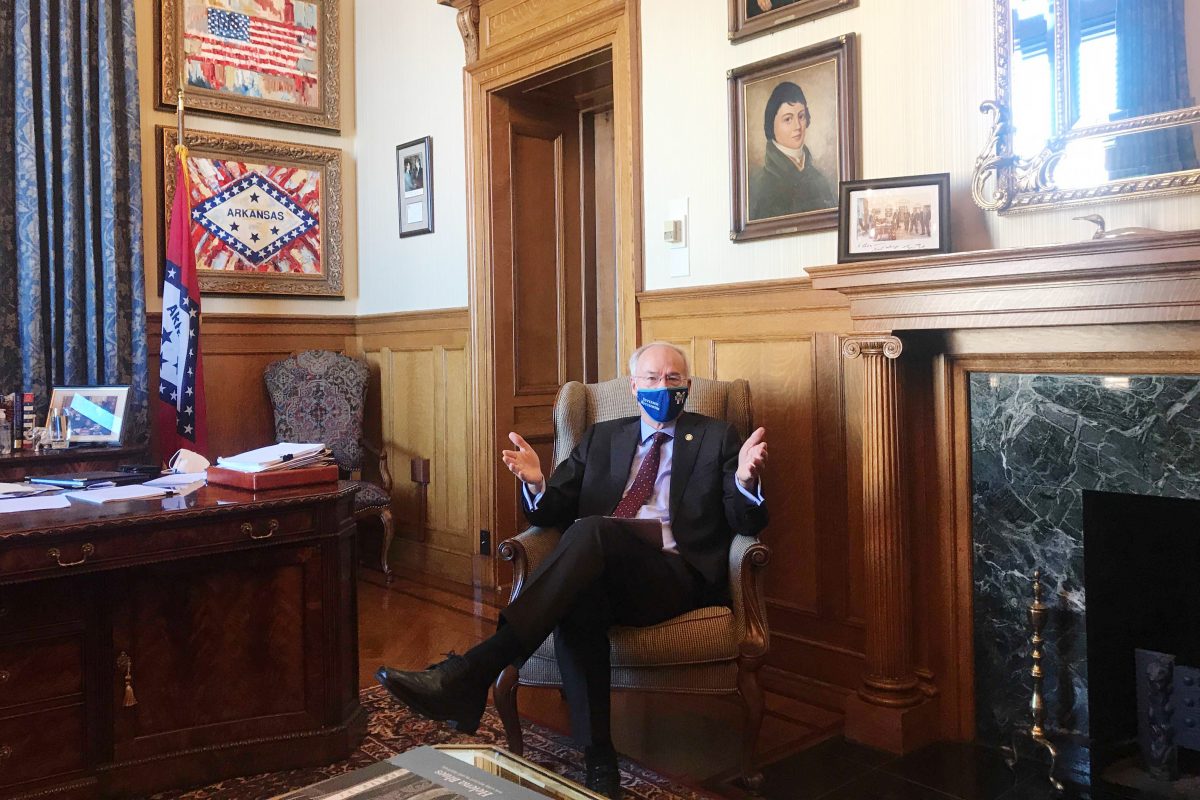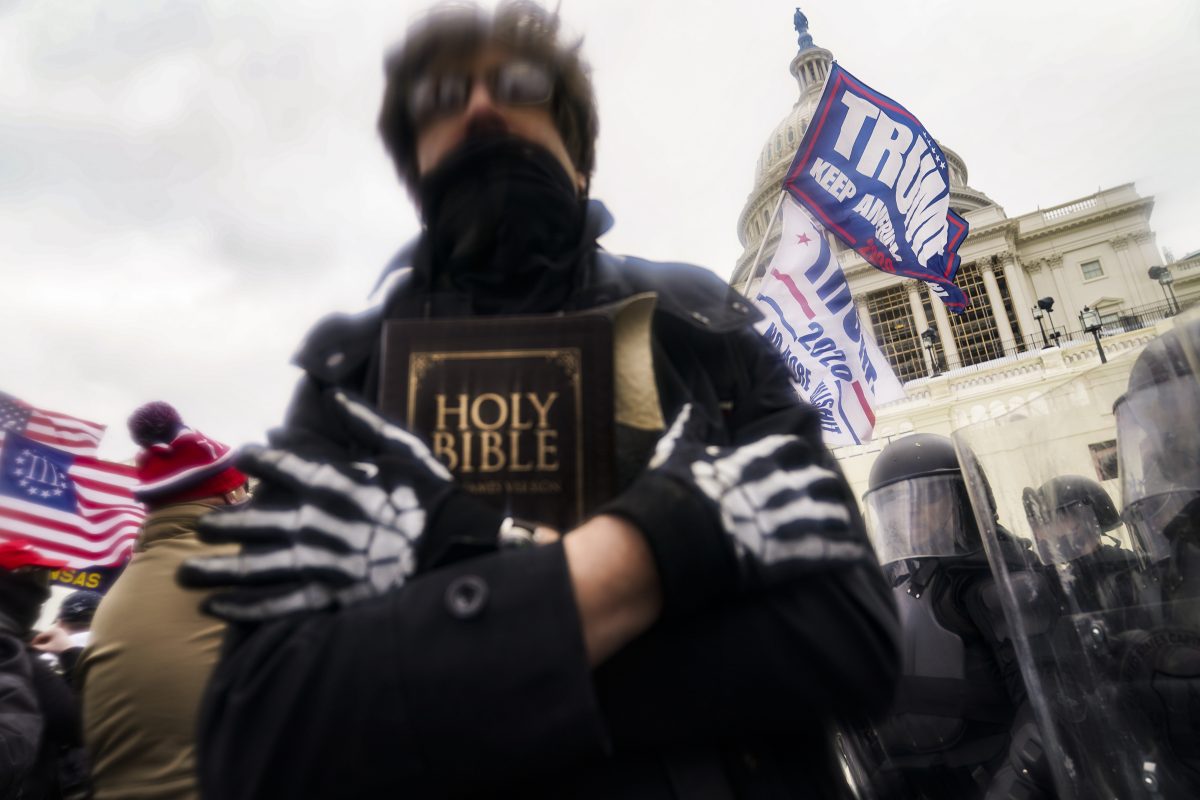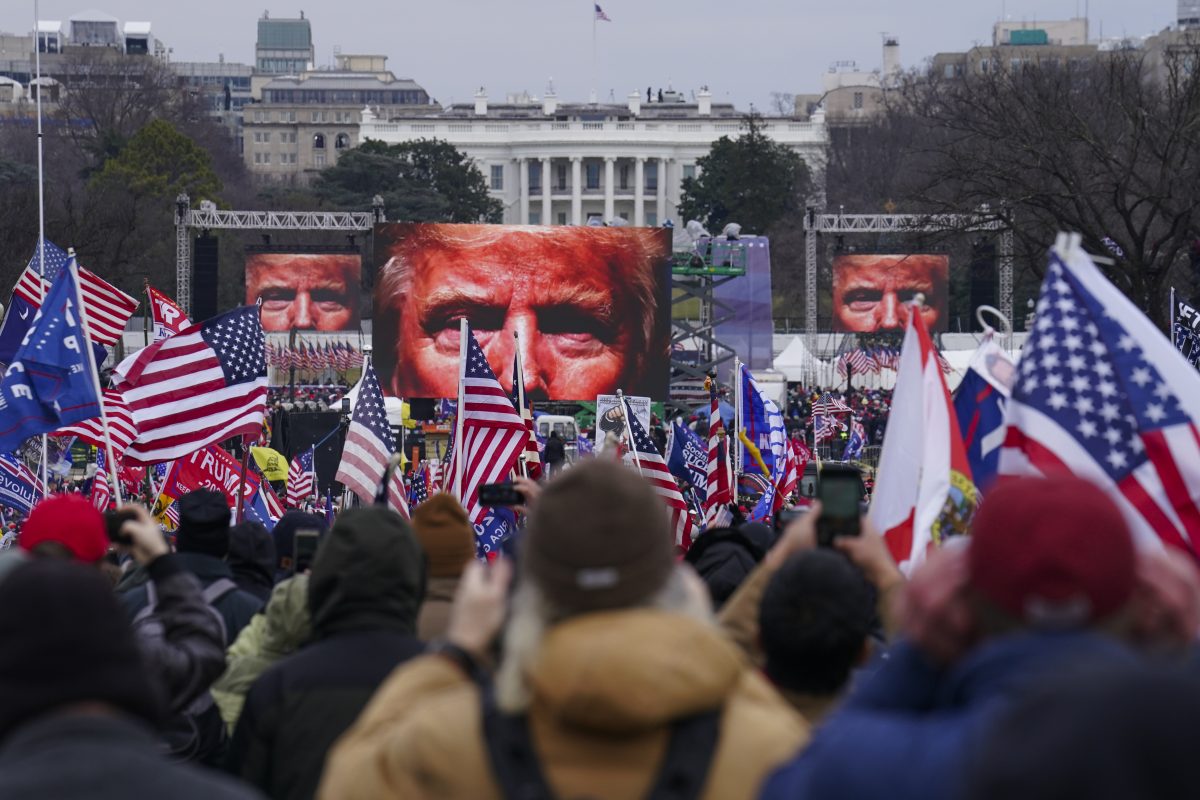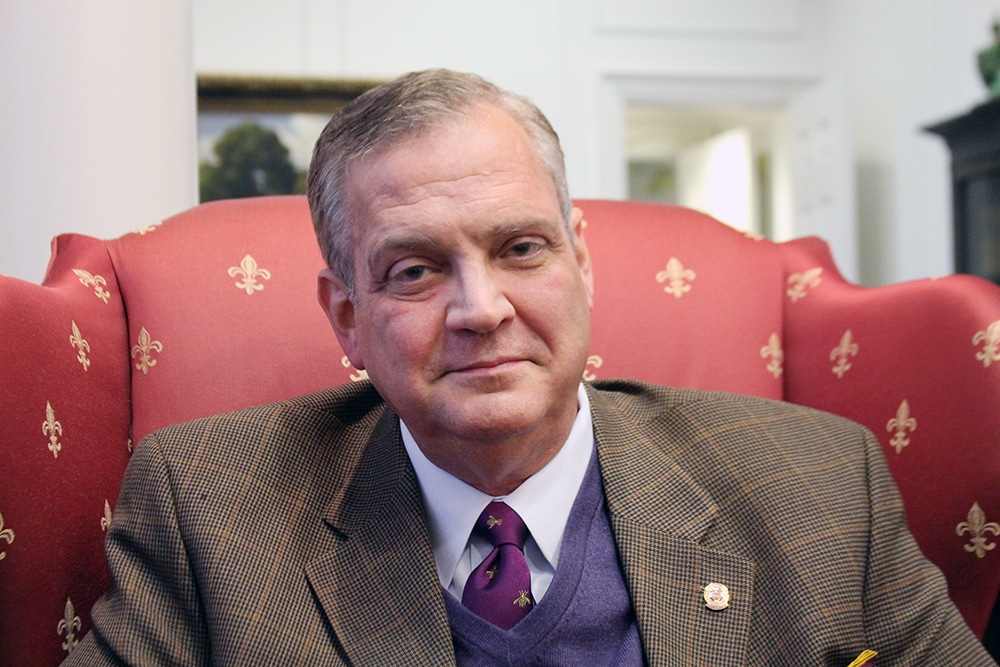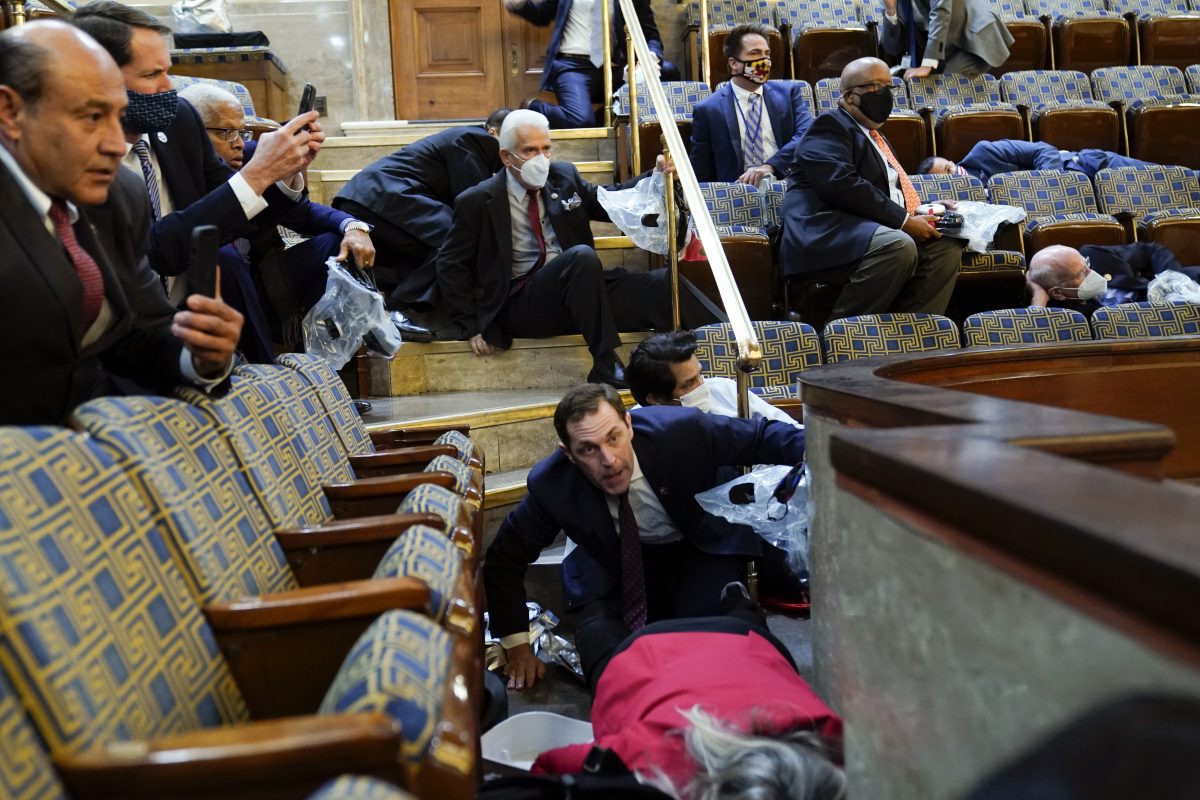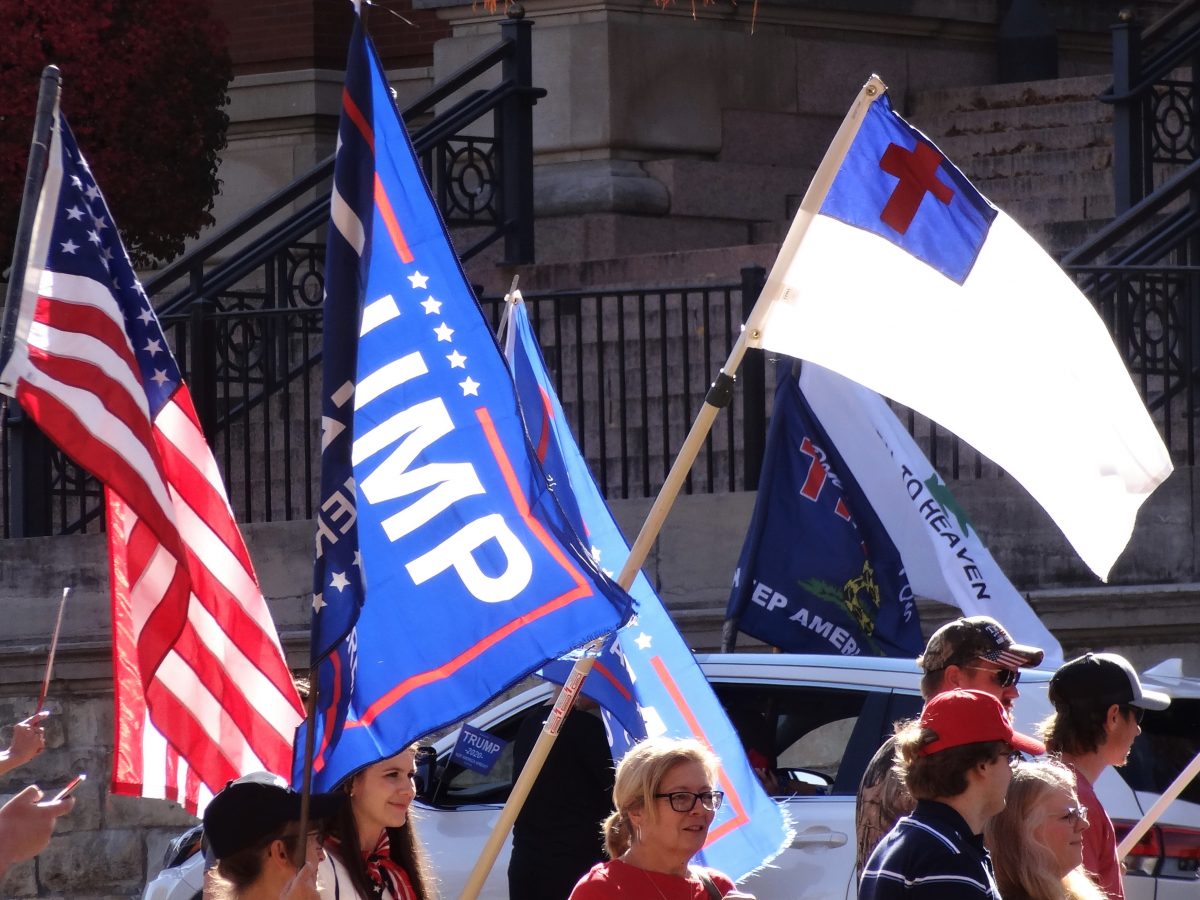Franklin Graham & the Sons of Samuel
After the Oklahoma City bombing, Billy Graham offered words on hope and justice. A quarter-century later, his son instead inflames partisan divides following an attack on the U.S. Capitol. Like the sons of the biblical prophet Samuel, Franklin appears unable to carry the mantle of

